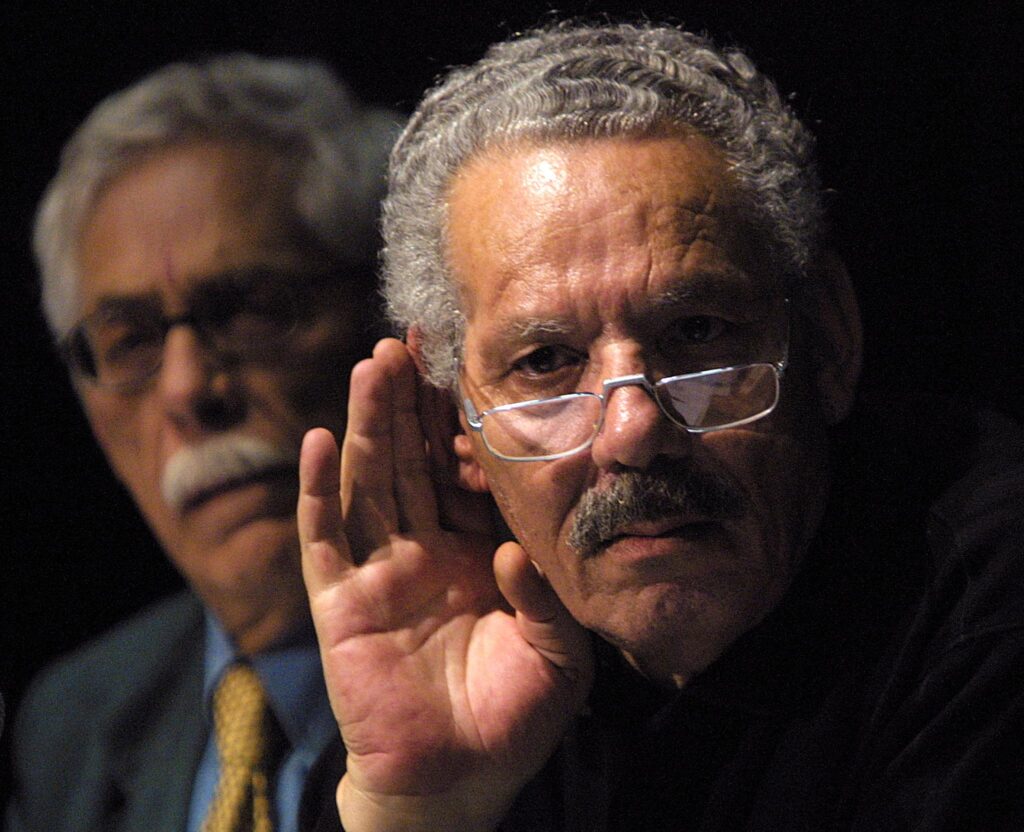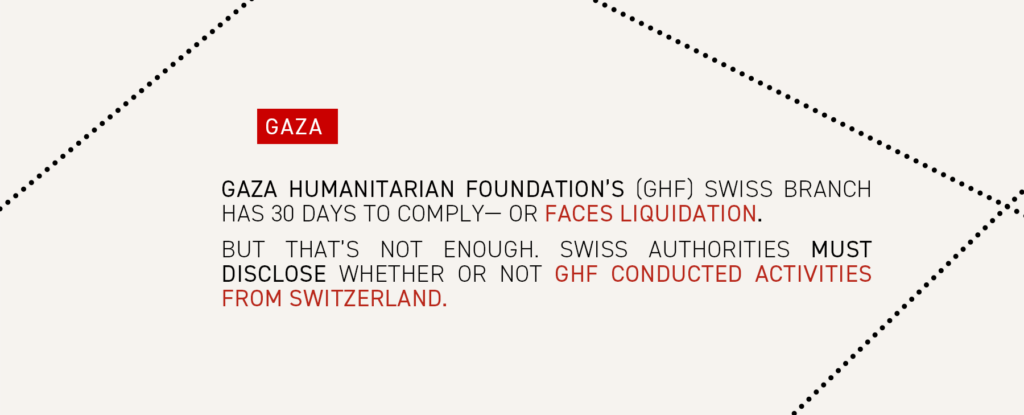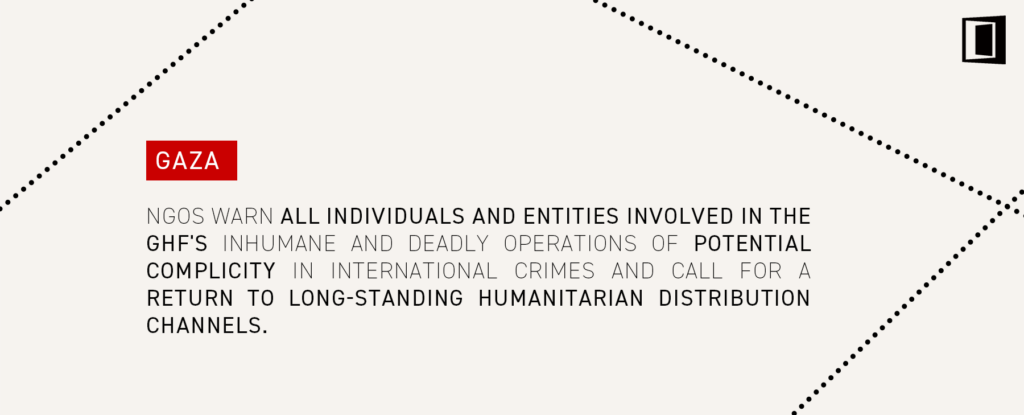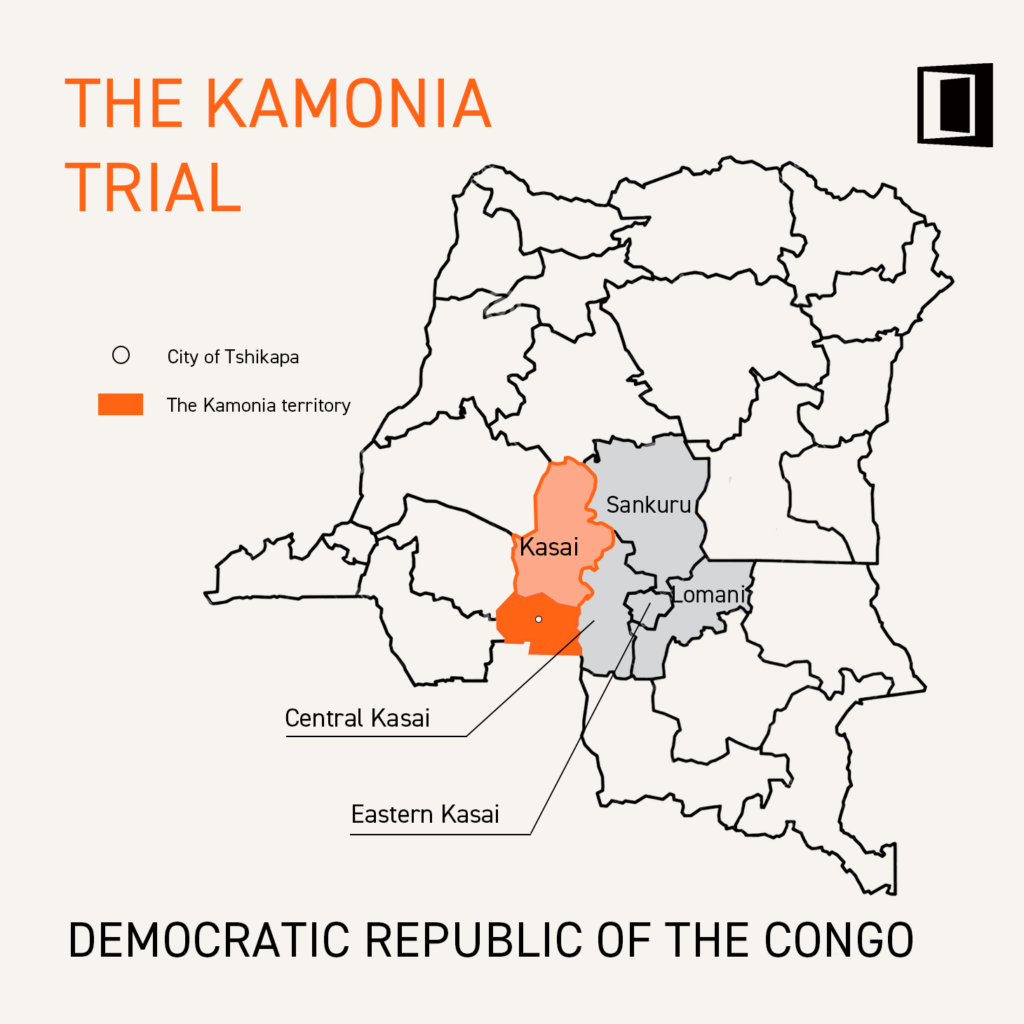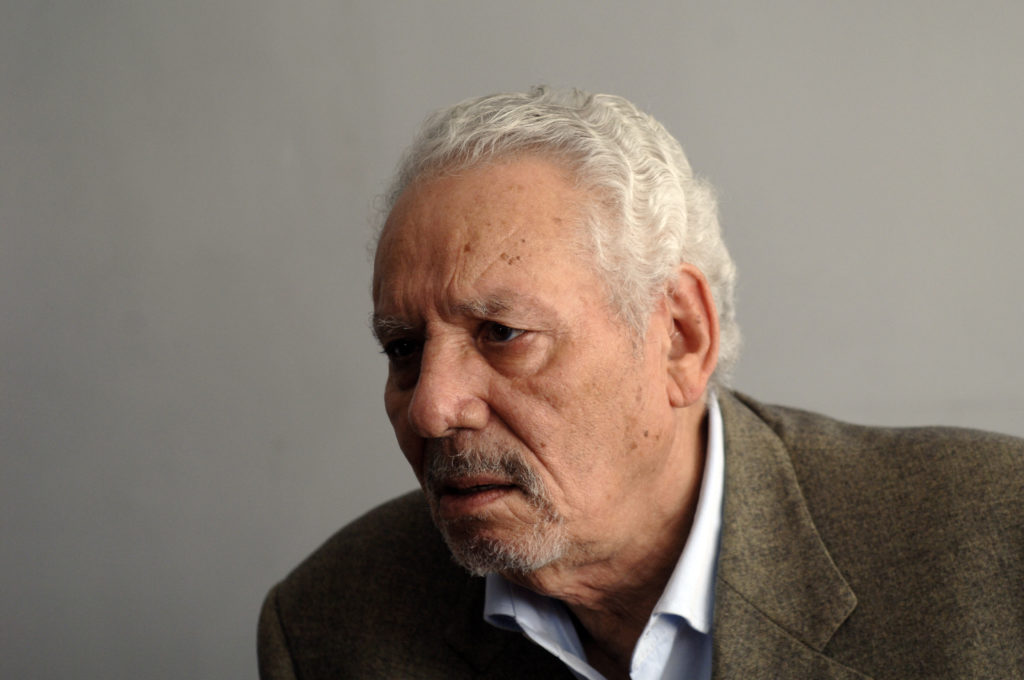Bosnia and Herzegovina: Thousands of people still expecting justice
TRIAL International and Yale Law School’s Lowenstein International Human Rights Clinic submitted a General Allegation to the U.N. Special Rapporteur on Truth, Justice, Reparations, and Guarantees of Non-Recurrence. The General Allegation – cosigned by 27 local organizations – addresses practices of the Government of Bosnia and Herzegovina (BiH) that have prevented thousands of men and women from obtaining justice and reparations for the serious crimes they suffered during the 1992-1995 conflict.
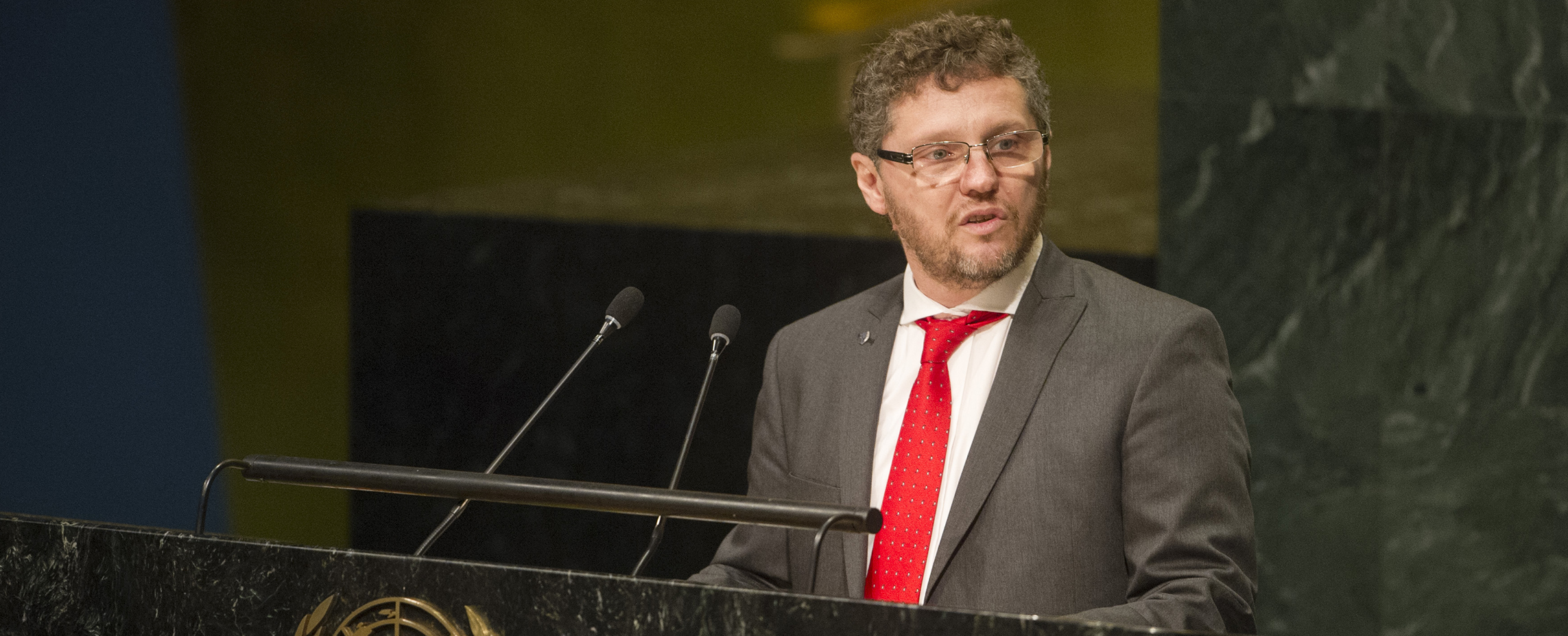
In particular, the General Allegation focuses on BiH courts’ application of statutes of limitations (zastara) and imposition of court fees in civil cases. It argues that BiH is failing to comply with its international obligations to redress wartime abuses.
Since a 2013 Constitutional Court decision, courts across BiH have denied thousands of wartime survivors’ claims for compensation by imposing statutes of limitations. Some courts – primarily in Republika Srpska (RS) – have required victims to pay high court fees after rejecting their claims, exacerbating the poverty and trauma that many already experience.
Disappointed victims
In preparing the General Allegation, TRIAL International and the Lowenstein Clinic spoke to a number of these men and women, who shared their stories of abuse during the war and their disappointment with the obstacles to justice that they have faced ever since. A former camp detainee, for example, said about statutes of limitations: “It was an additional humiliation for [victims], because [we] believed in a little bit of justice regardless of everything.” Another victim who had seen his claim dismissed and had then been subjected to court fees noted: “We’re reliving the suffering, the torture and the rapes that occurred in the camps through having to pay these claims.” In the words of one interviewee: “If I knew then what I knew now, I wouldn’t have [brought a civil claim].”
The General Allegation establishes that the application of zastara to wartime claims contravenes BiH’s responsibility to guarantee victims’ access to courts and effective remedies, as required by international and regional law. Because BiH has yet to implement a nation-wide reparations scheme, victims have no choice but to rely on the justice system.
(Almost) impossible claims
Even though victims theoretically have the option of filing claims against their perpetrators in criminal court, this option is not feasible for most. The difficulty of identifying perpetrators, the flight or death of perpetrators in the decades since the war, and the significant backlog in criminal courts mean that civil courts are the only avenue through which the majority of wartime victims can obtain redress. But by precluding civil claims through zastara, courts remove even this last possibility of a remedy. As stated by Adrijana Hanusic Becirovic, senior legal advisor at TRIAL International, “Having in mind that BiH failed to adopt a legislative framework providing for compensation to all wartime victims, victims’ right to an effective remedy has been violated.”
The imposition of court fees on victims constitutes an additional violation under international law. Levying such costs on victims who are already marginalized and economically vulnerable undermines their right of access to the justice system. Many victims have been dissuaded from exercising this right out of fear that they will be punished through court fees.
Courts disregarded international obligations
Moreover, by dismissing claims and requiring victims to pay high court fees, courts in BiH have disregarded the international obligation to minimize the risk of retraumatizing victims of human rights abuses. According to Kyle Delbyck, TRIAL International Consultant and former member of the Lowenstein Clinic, “The practices of imposing court fees and confiscating property have created an atmosphere of terror, transporting victims back to wartime suffering.”
The General Allegation calls on the Special Rapporteur on Truth, Justice, Reparations, and Guarantees of Non-Recurrence to visit BiH to obtain a first-hand understanding of the effects of zastara and court fees; for the Constitutional Court of BiH to re-examine its case law on zastara; and for courts to cease imposing court fees on victims of war crimes and renounce the existing debts of those victims who are in the midst of court-fee enforcement proceedings.
“No victim of a war crime should have to suffer the indignity of being told they have come forward too late to have a forum for justice. No victim of a war crime should be fined for coming to the court for a remedy,” said Erin Islo, a 2019 graduate of Yale Law School and member of the Lowenstein Clinic team. “The Special Rapporteur has an opportunity to shine a light on the harms that victims of war crimes in BiH are enduring in the process of seeking justice. Bringing attention to these continuing violations has the potential to make a real impact on the lives of victims and to underscore an international commitment to dignity for those who have survived the horrors of war.”

